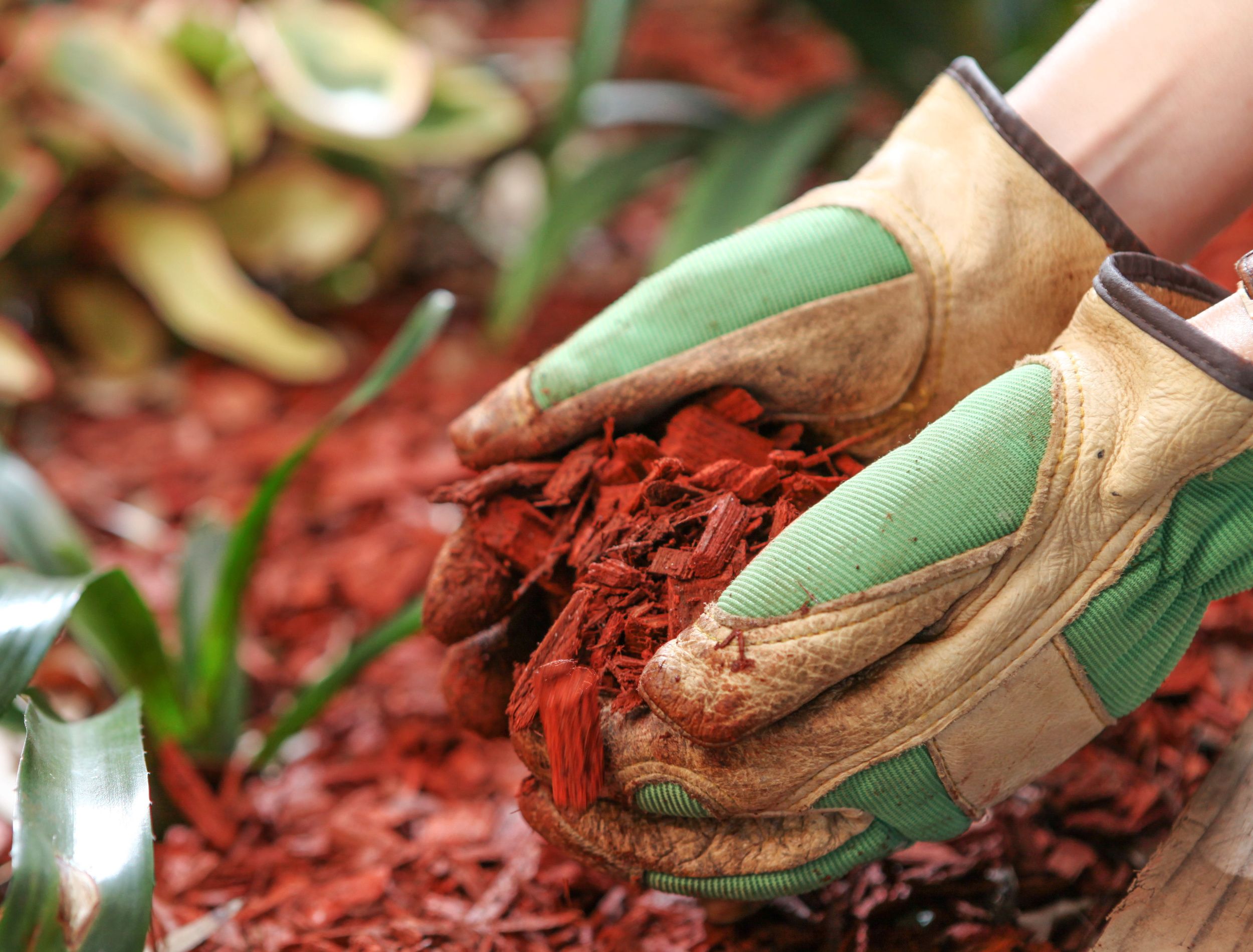Gardening enthusiasts are always looking for new and innovative ways to improve their garden's health and appearance. One solution to achieve that is using wood chips. They are versatile, sustainable, cost-effective, and you can utilize them in many ways to benefit your yard. These benefits include natural mulch that retains moisture, helps regulate soil temperature, and reduces weed growth.
Explore eight ways to use wood chips in your garden and discover their benefits.
Mulch
Mulching is one of the most popular applications of wood chips in gardening. To make wood chip mulch, spread a layer of chips over the soil surrounding your plants.
Wood chip mulch helps retain moisture in the soil, reducing the frequency with which you need to water. Retaining soil moisture is especially important during the summer when water evaporation is higher. Mulch also acts as a natural insulator, helping regulate soil temperature, meaning your plants' roots will be protected from extreme temperature changes, keeping them healthy.
Amend the Soil
Wood chips are an excellent soil amendment because they improve soil structure, promote aeration, and increase water retention. As they break down, they release valuable nutrients, such as nitrogen, phosphorus, calcium, and sulfur, into the soil, enriching it and promoting healthy plant growth.
However, it can take significant time for wood chips to decompose fully, typically four or more years. To aid in the decomposition process, supplement the wood chips with nitrogen, which prevents them from absorbing nitrogen from the soil and depleting its availability for other plants.
Create a Pathway
Wood chips create beautiful pathways that are affordable and easy to install, making them a great alternative to traditional hardscaping materials like concrete or pavers.
These pathways are a natural and sustainable option that adds aesthetic appeal. Wood chip pathways can be especially effective in woodland or natural-style yards, forming a seamless transition between the garden and its surroundings.
Finally, as the chips break down over time, they add organic matter to the soil, improving its structure and fertility -- boosting the health of plants in your pathways!
Build a Raised Garden Bed
Filling raised garden beds with wood chips adds visual interest while improving plant growth. It will help you create a defined planting area that is easy to manage, making it perfect for those with limited space. Plus, you get all the benefits of wood chips as a natural mulch and soil amendment.
Control Weeds
One of the most frustrating aspects of gardening is dealing with weeds. Fortunately, using wood chips as mulch can help control them in a natural and eco-friendly way that avoids harmful chemicals. Unlike synthetic weed control products, wood chips won't harm your plants, soil, or the environment.
Compost
Composting is an excellent way to recycle organic material. Using wood chips in your compost pile can help to speed up the process. As the compost pile breaks down, wood chips decompose and provide nutrients to the soil, helping to improve plant growth and health. They also provide a better carbon-nitrogen ratio.
Wood chips can improve aeration by reducing the likelihood of compost compaction because their firm texture helps keep air flowing freely through the pile. Plus, they can create a diverse range of microhabitats within the compost.
Decorate
Adding wood chips as a decorative element in the garden enhances your yard's overall appearance. Consider using wood chips to form borders around garden beds or pathways. This can help create a neat and polished look while adding texture and dimension to your outdoor space.
You can use wood chips to form a natural-looking seating area or gathering space. By spreading wood chips in a designated location, you can assemble an inviting room for outdoor activities and relaxation.
Spread Around Kids’ Play Area
Spreading wood chips around a kids' play area is a popular solution for creating a safe and enjoyable space. Wood chips provide a soft surface that can absorb impact and prevent injuries. It is particularly important for young children, who are prone to falls and accidents during play.
Wood chips do not contain harmful chemicals or synthetic materials, making them a safe choice for creating a play area for kids.
Green Your Garden with Wood Chips
By using wood chips in your garden, you can enjoy a range of benefits, including improved soil health, reduced water usage, and more attractive and functional outdoor spaces. With their natural, eco-friendly properties, wood chips are a sustainable choice that can help you reduce your environmental impact. So, whether you're an experienced gardener or just starting out, consider incorporating them into your gardening routine.
Which idea did you like the most? Comment below, and as always, please share!

